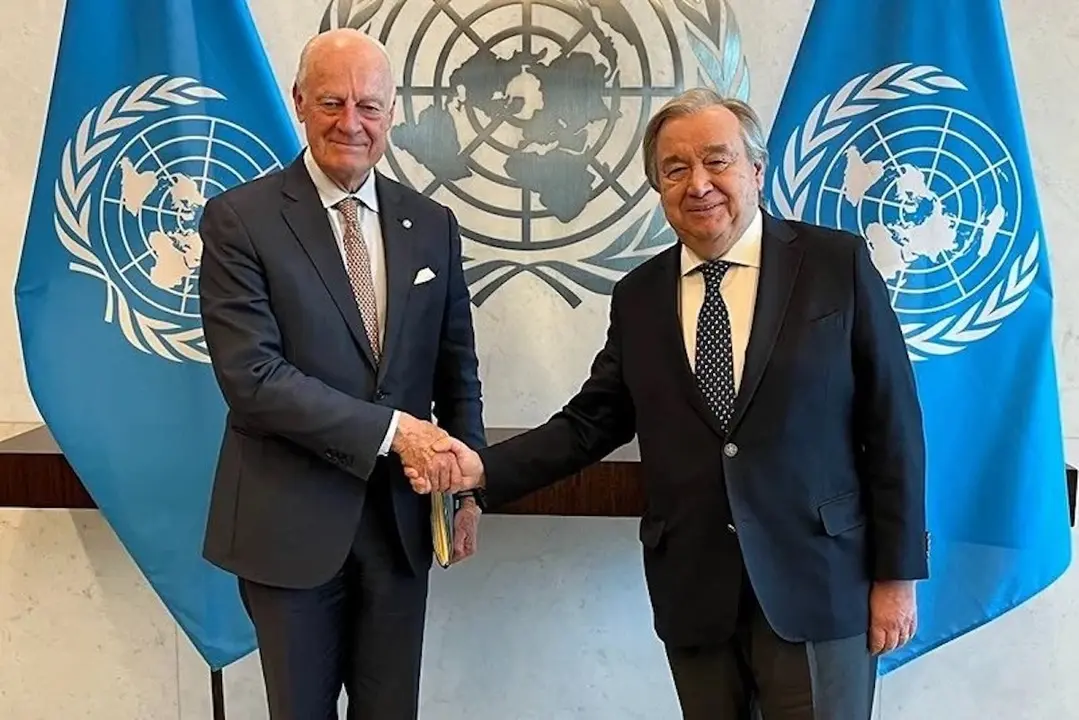The UN has the final say on the Western Sahara issue

Indeed, with confirmation that, in the last 72 hours, Portugal has taken the sovereign decision to back Morocco's autonomy plan for Western Sahara, the southernmost territory of the Alawite kingdom, considered the “most credible, serious and realistic basis” for resolving the dispute over that territory, and to whose proposal an overwhelming number of nations around the globe have added their support.
I must point out the United States of America, France, and the United Kingdom—all three permanent members of the UN Security Council—to which I must add Spain, a country closely linked to the historical process surrounding this issue—it was the last occupying power before the Sahara returned to full and complete sovereignty of Morocco, in line with history and international law, in 1975. The time has therefore come for the United Nations, which has been addressing this issue within the framework of its Fourth Special Committee in New York, to take the bull by the horns and, in a momentous way, lead as never before in finding a definitive solution to this dispute in North Africa.
The UN is called upon to promote and affirm international peace and stability, as enshrined in the 1945 Charter of San Francisco, its founding treaty, and given that a huge number of countries around the world—Latin America has become practically an impressive avalanche of political support, with the exception of Peru—have adhered to the approach presented by His Majesty, Mohammed VI – who on July 30 will celebrate 26 years on the throne, which he acceded to upon the death of his father, King Hassan II – the UN cannot ignore the echo of the nations of the world, which consider the Moroccan plan to be truly sensible and fair, and which also has the majority support of the Sahrawi people.
Now that a variety of conflicts have arisen around the world, creating truly complex and risky situations for international peace, given that the issue of territories continues to be the source of most conflicts, it is up to the UN to settle those problems where there is enormous acceptance, in light of historical reality and the unbeatable present circumstances.
In other words, the UN is called upon to guarantee the territorial integrity of States, which will be the real condition for global peace and tranquility to flow as a guarantee at all levels. Morocco, the Sahrawi people, the other countries of the Maghreb region, and all of Africa deserve this, but so does the world.
The response of countries to Morocco's proposals confirms the high credibility of Moroccan diplomacy, which has done nothing but scrupulously fulfill the mandate of its monarch who, 26 years after his enthronement, has become a true statesman.
Miguel Ángel Rodríguez Mackay. Former Foreign Minister of Peru and Internationalist
Article published in Diario Expreso


